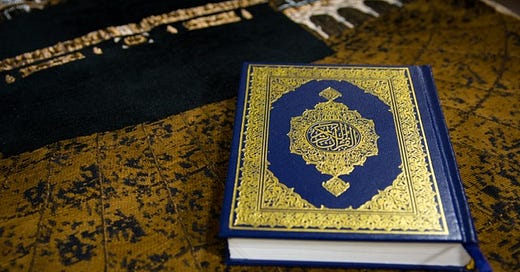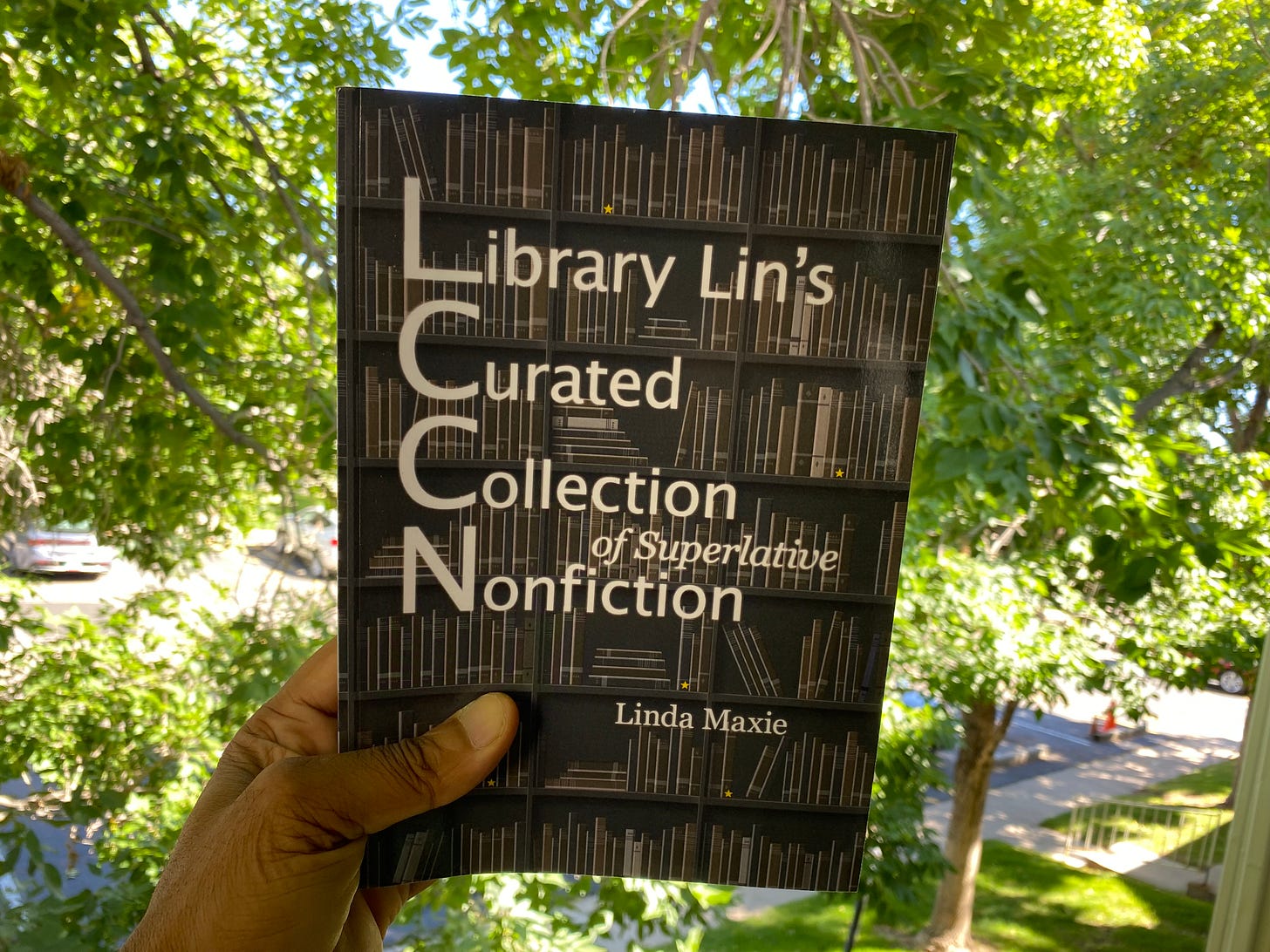By Guest Contributor Linda Maxie
Welcome to the third division in the Dewey Decimal Classification (DDC) System, Religion. This section is among the most fraught with controversy. Let’s dive into why.
A Poorly Balanced Teeter-Totter
When Melvil Dewey put together his original, flexible, and inclusive classification system in the 1870s, he was a product of his time—a white man with a Euro-centric background. But in the years since, attitudes and demographics have changed. This increase in diversity brought fresh perspectives and voices.
To Dewey, it made sense to devote seven of the ten subdivisions in the Religion section to Christianity alone because it was the dominant religion in his culture at the time. But this lopsidedness understandably offends many people today.
When I was a master of library science student in the early 1990s, I witnessed a heated argument between our cataloging professor and a fellow student. As we covered the subdivisions in the 200s, it became clear that a disproportionate number were devoted to Christianity, and one of my classmates became visibly incensed.
The professor refused to acknowledge that the numbers favored one religion. Instead, she argued that since every religion has a place in the system, it shouldn’t matter if most are shoved together into one subdivision as long as they all have a home.
There are two problems with the professor’s argument. The first is the obvious favoritism towards one belief system. But more importantly, the number of classification spaces allows for much more specificity in shelving the books on that topic. Because each number is committed to a specific sub-category, only Christianity has particular places for niche topics. This is a problem for any extensive collection of books on any non-Christian religion.
Efforts to Solve the Problem
In the last post, I mentioned that Wicca and Voudo had been moved from Witchcraft in the 100s to Other Religions in the 200s. So changes are coming slowly in the Religion division as well.
In July 2022, the Editorial Policy Committee (EPC) revisited Islam. In particular, they decided that Sufi orders should have a designation.
In addition, in the 03 September 2020 edition of the 025.431: The Dewey blog, Emily McDonald of the Lawrence Public Library in Lawrence, Kansas, wrote a guest article about the library’s entirely revamped Religion section. Her library changed many numbers in the 200s to give more classification numbers to non-Christian religions. The change allows them to be much more specific about narrow topics like specific Buddhist teachings.
Religion in Public Libraries
People often get confused about the rights of religious organizations to conduct services, display artifacts, or provide materials to patrons in public libraries. This topic is addressed in “Religion in American Libraries: An Interpretation of the Library Bill of Rights.”
According to the article, public libraries should aim to meet the needs of all their patrons. Therefore, any community member who wants materials on any religion should be able to access this information at their library. So collections should include religious texts and materials about beliefs, including religious fiction if patrons desire it.
Regarding religious meetings and ceremonies, handing out tracts, and setting up displays, libraries should follow the same policy for non-religious groups. So, for example, if book clubs can serve alcohol at library meetings, religious meetings in the library should also be allowed to serve alcohol if they choose.
The overarching aim is that libraries should never promote one religion over another. If a Christian group is allowed to put up displays and meet, then any group from any other religion should be allowed the same amount of space and time for display. Libraries shouldn’t be concerned about the religious content of books as long as it is high-quality. In other words, materials can be excluded from the collection based on the quality of research or writing, but not on what it says.
Libraries strive to treat all patron needs the same, regardless of the individual’s background or religion.
Recommended Books — Religion Section
The following books are from Library Lin’s Curated Collection of Superlative Nonfiction. The book is available on Amazon and many other digital outlets.
Mariana Caplan Eyes Wide Open: Cultivating Discernment on the Spiritual Path, 2010.
Spiritual seekers in the West have an infinite number of teachers, paths, and practices to choose from. How do you separate the legitimately helpful from the fraudulent or harmful? Mariana Caplan studied the world’s mystical traditions for decades, and she offers sound advice for those on the spiritual path.
Reza Aslan God: A Human History, 2017
Religion scholar Reza Aslan traces the history of religion and our concepts of the divine. He asserts that we cannot help but make our images of God accessible by providing them with human attributes. Doing so helps us feel closer to God and affirms our best impulses. But the consequences can be dire when we also believe God reflects our worst traits. He suggests how we can use our ideas of God to develop a universal spirituality.
Diarmaid MacCulloch, Christianity: The First Three Thousand Years, 2010.
The son of an Anglican minister, Diarmaid MacCulloch covers the history of Christianity from its Jewish roots to today. He also discusses the effect the religion has had on historical events and intellectual thought.
Robert P. Jones, White Too Long: The Legacy of White Supremacy in American Christianity, 2020.
Is it possible to be a racist Christian? On its face, the answer is a simple no. But Robert P. Jones has researched current attitudes and finds that White supremacy is endemic in many, if not most, White Christian churches today. Moreover, in the South, in mainline Protestant churches, in the Midwest, and among Catholics in the Northeast, he finds all have racist attitudes. So, instead of calling for good works to make up for past mistakes, Jones calls for a profound psychological reckoning with the truth.
Huston Smith, The Illustrated World’s Religions: A Guide to Our Wisdom Traditions, 1901.
Huston Smith was one of the 20th century’s most influential teachers of world religions. This volume revised Smith’s earlier classic, The Religions of Man, and provides a readable explanation of all the contemporary religious traditions.
Edith Hamilton, Mythology: Timeless Tales of Gods and Heroes, 1942.
Educator and historian Edith Hamilton retells the ancient myths of the Greek, Roman, and Norse pantheon. Familiarity with the stories gives students and general readers an understanding of countless allusions in literature and art.
John Yates, The Mind Illuminated: A Complete Guide to Integrating Buddhist Wisdom and Brain Science, 2012.
John Yates draws on science, Buddhism, and ancient Indian sage Asanga’s teachings to present ten stages in the meditative journey. He provides advice and guidance to help the reader through each step.
Scott-Martin Kosofsky, The Book of Customs: A Complete Handbook for the Jewish Year, 2005.
Since the 14th century, The Book of Customs has helped Jewish families practice their faith throughout the year. However, this is the first version published for English speakers.
Carla Power If the Oceans Were Ink: An Unlikely Friendship and a Journey to the Heart of the Quran, 2015.
This book recounts the year-long exploration of the Quran by two unlikely friends. Carla Power is a journalist who grew up in the American Midwest, and her friend is a Madrasa-trained sheikh. They study and debate what they find in their revealing exploration of the Islamic sacred text.
Tamarack Song, Whispering of the Ancients: Native Tales of Teaching and Healing in Our Time, 2010.
Stories from native peoples the world over are part of this beautifully illustrated volume. Tamarack Song has spent his life apprenticing to the elders and learning from traditions worldwide. He lived alone for years and temporarily even lived with a pack of wolves. In this work, Song speaks to people to provide wisdom from ancient stories for dealing with life.
Linda Maxie is a retired librarian with a passion for good books. She is the author of Library Lin’s Curated Collection of Superlative Nonfiction and her blog, “The Nonfiction Section” Contact her at https://librarylin.com






This is fascinating! The realization that Dewey showed favoritism in how he laid out his system is obvious, and yet, is something I would never have considered. I worked as a "library aide" back in high school--as many geeks do--so I have (had) a particular interest in the Dewey Decimal System. Even the name makes it sound like science versus one man's impression of what is important!
Yes, the history of Dewey and his system really is interesting! He based it on a combination of the numbering system used by the British Library and a system of knowledge developed by philosopher William Torrey Harris. We owe him a debt, even though there is always room for improvement.